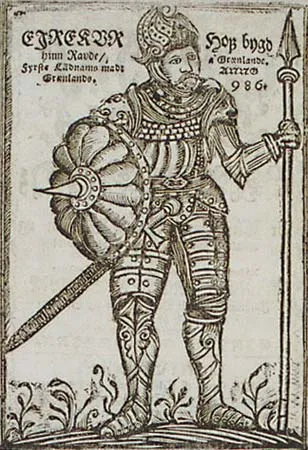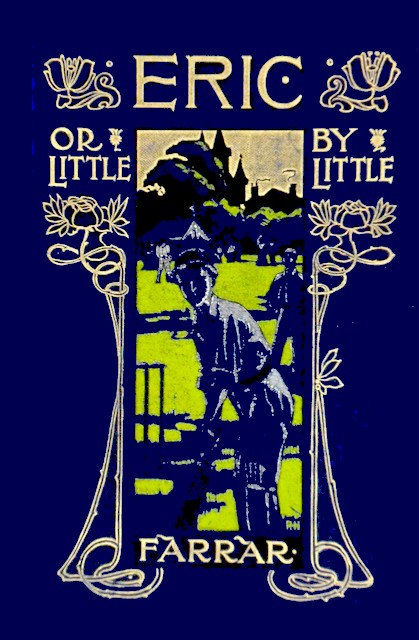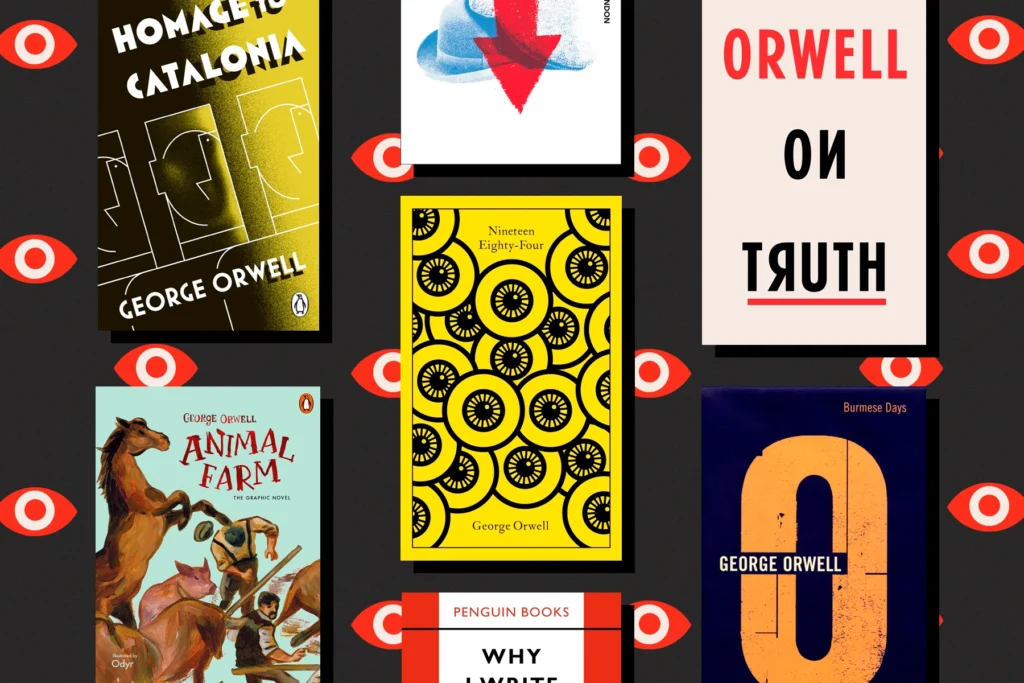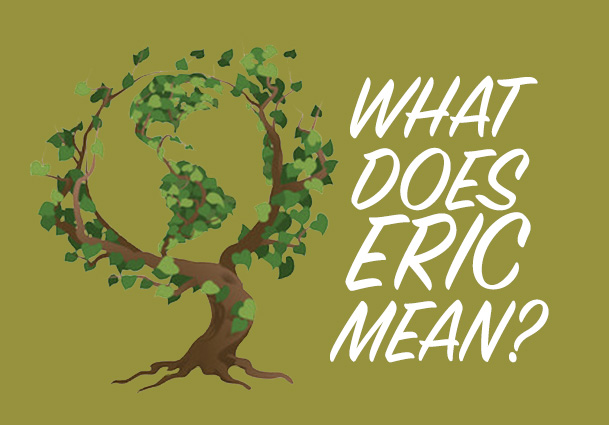It’s pretty arrogant to make a blog centered around yourself, I’d say. Not only that, but to unironically call attention to the fact that you aren’t clear? And even still, expect people to read it? Who does this guy think he is, anyway? A king or something?
Well…yes. That is what Eric means.
The name Eric has a royal history. Unlike the names you can find in the Bible, ‘Eric’ got its start as the moniker for a Viking king, Erik the Red. The Old Norse roots of the name come from Eirikir, meaning “sole ruler” or “ever powerful.”
The Explorer: Erik the Red

Erik Thorvaldsson was born in Norway, 950 A.D. to Thorvald Asvaldson. When he was ten, the redhead’s father was banished, and they sailed to a settlement on the island of Iceland, where Erik would later meet his wife, Thorhild, and father four children on their family’s farm.
In 982, Erik’s slaves (yes, he had slaves) caused the deaths of his neighbor, which escalated to (rumors of) Erik killing his neighbor’s friends—another reason he was called Erik the Red. He stood trial and was banished for three years.
His exile led him to embark on a voyage to a land he’d heard about in passing: Greenland. He explored the island’s eastern side and discovered many features, naming them all after himself (sound like someone else?).
Following his exile, he returned to Iceland and boasted about the land he had found. He led 35 ships of people, cows, and horses. They established two settlements, an eastern and western one. The settlers elected him leader of the settlements. His son, Lief Erikson, went on to be the first to discover Vinland, modern-day Newfoundland.
Since then, Eric became a popular name among Swedish Kings, being that there have been 14 of them (as well as seven King Erics in Denmark and three in Norway). These days, the name has a rickety popularity: France topped out in the 1960s; Spain has kept a consistent habit; its all the rage in Brazil; most other European countries barely use it; and the U.S. also had a large spike in the ’60s and ’70s.
The Degenerate: Eric Williams
In Britain, they had their own interesting interaction with the name Eric following a short story that became popular with its problematic titular character.
Frederic Farrar’s cautionary tale, Eric, or Little by Little, centers around Eric Williams, a boy born with a good heart who slowly degrades into a worse and worse person to gain popularity and satisfy his growing ego.

Attending a well-to-do private Christian school, he was surrounded by boys who Eric felt a growing need to impress. Cheating in class, sneaking out, and drinking copiously, Eric quickly became infamous around the town next to his school.
However, once his actions started to harm his friends, Eric ran away onto a ship only to be horrified by life at sea, jumps ship to swim home, and dies of illness soon after.
The popularity of the book following its release in 1858 is likely what caused a drop in the popularity of the name Eric. The English likely were scared to name their children after the degenerative character.
Farrar’s pious message of the book is clear with every misdeed Eric conducts—that committing actions for the shallow acquisition of popularity and vanity punishes you and the people around you. That cheating leads to impurity, and you must repent if you want salvation. The name likely became a stand-in for impiety during England’s Victorian era.
Lucky for me, I never attended a private evangelical school in the countryside of England, so I should be fine.
From My Father…
The name’s unpopularity must have let up just in time for the famous English guitarist to be born, Eric Clapton, the man my father named me after. (The guitar lessons never took though.) My father always did love the name Eric for its royal history as well—his own ego at play to name his son after one of the best guitarists and a famous Viking leader, so that he may be the father of a king.
For extra redundancy, my middle name is Arthur—yes, like King Arthur of Britain. Though it was given to me in remembrance of my grandfather of the same name, I guess my father secretly wanted to make sure I’d be royalty. My first two names, Eric Arthur, means ‘eternal king’ in two European histories. Talk about big shoes to fill!
But unlike King Arthur and Erik the Red, I get to live in a time where the phrase “the pen is mightier than the sword” holds much more weight. Hence, my attraction to writing.
The Author: Eric Arthur Blair

I wasn’t the first of my names to follow down this path either. Eric Arthur Blair, better known as George Orwell, wrote some of the most well-known and important politically-critical books of the 20th century—he is also my favorite writer, even before I knew his given name.
Ironically, he chose to use a pen name to avoid the link British people would have to Farrar’s story. Since both Farrar’s Eric and Orwell were born under British colonial officers in India, he figured that would be enough of a connection to lose the trust of British readers who still read the cautionary tale regularly during his upbringing.
(Last)ly,
My last name is Ferias. According to my late grandfather (Arthur), when he got off the boat at Ellis Island, the immigration agents misspelled his last name. Hailing from the Azores, an island chain in the middle of the Pacific Ocean belonging to Portugal, my grandpappy likely had the last name Farias, as it is a fairly common Portuguese last name. Since all of his new U.S. identification papers had the misspelling, my vavô had to stick with his new name: Ferias.
Luckily, Ferias is still a Portuguese word, meaning ‘vacation’ or ‘holiday.’
And so, my entire names mean “the Eternal King of Vacations.”
And I expect you all to address me as such, peasant.
(Just kidding.)
So, What’s it Mean?
To conclude, let’s ask again: what does Eric mean? Well, to me, my name means that I have a royal responsibility to ensure my subjects are given proper and just relaxation for their hard work. Life is hard. We all work tirelessly to keep ourselves and our loved ones going—keep them safe, healthy, and happy. As much as the system we all live under tries to undermine those values, and as much as we must fight back against that, it is entirely necessary to remember that the life we all have been given is beautiful, special, and worth enjoying. A 40-hour work week is not what we were destined for. Two weeks of (even paid) vacation is not enough. If we can work together to build a better system, we can all properly enjoy time for ourselves and with the people we love.
As your king, I will make this royal decree: this blog will act as a place where you can relax, while you learn about the system we are in, how to fight it without giving up your own peace, and what we have to look forward to as we build a better future.


2 responses to “What Does Eric Actually Mean?”
[…] If you’re curious about what Eric means, see my first blog post, here. […]
[…] you are interested in learning what this blog is about, read my first blog post. If you want to learn some shocking facts about climate change, click […]